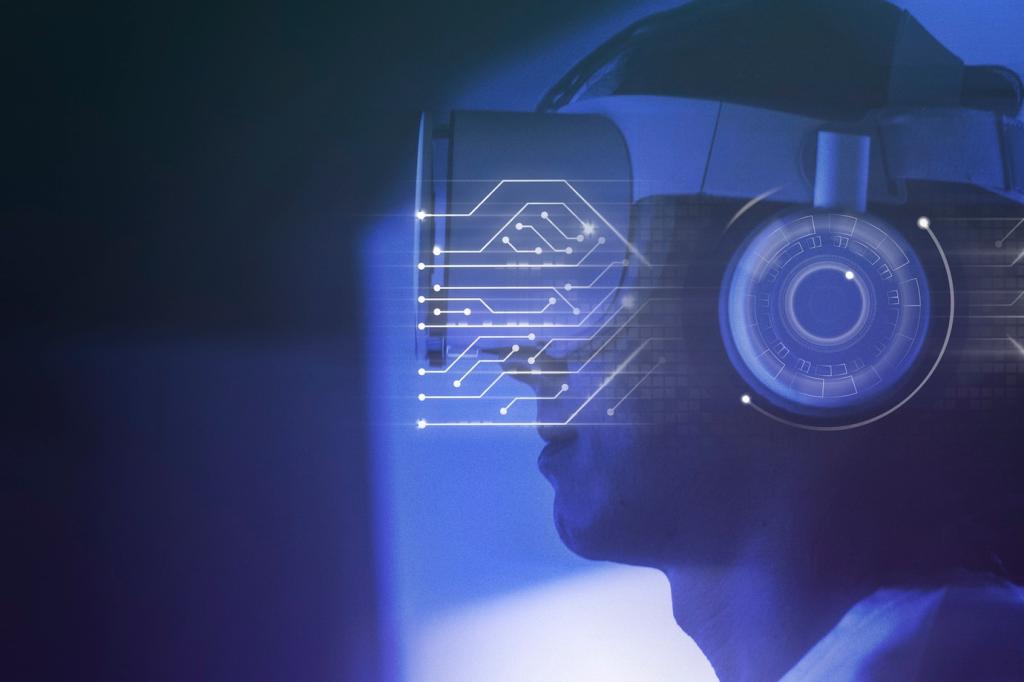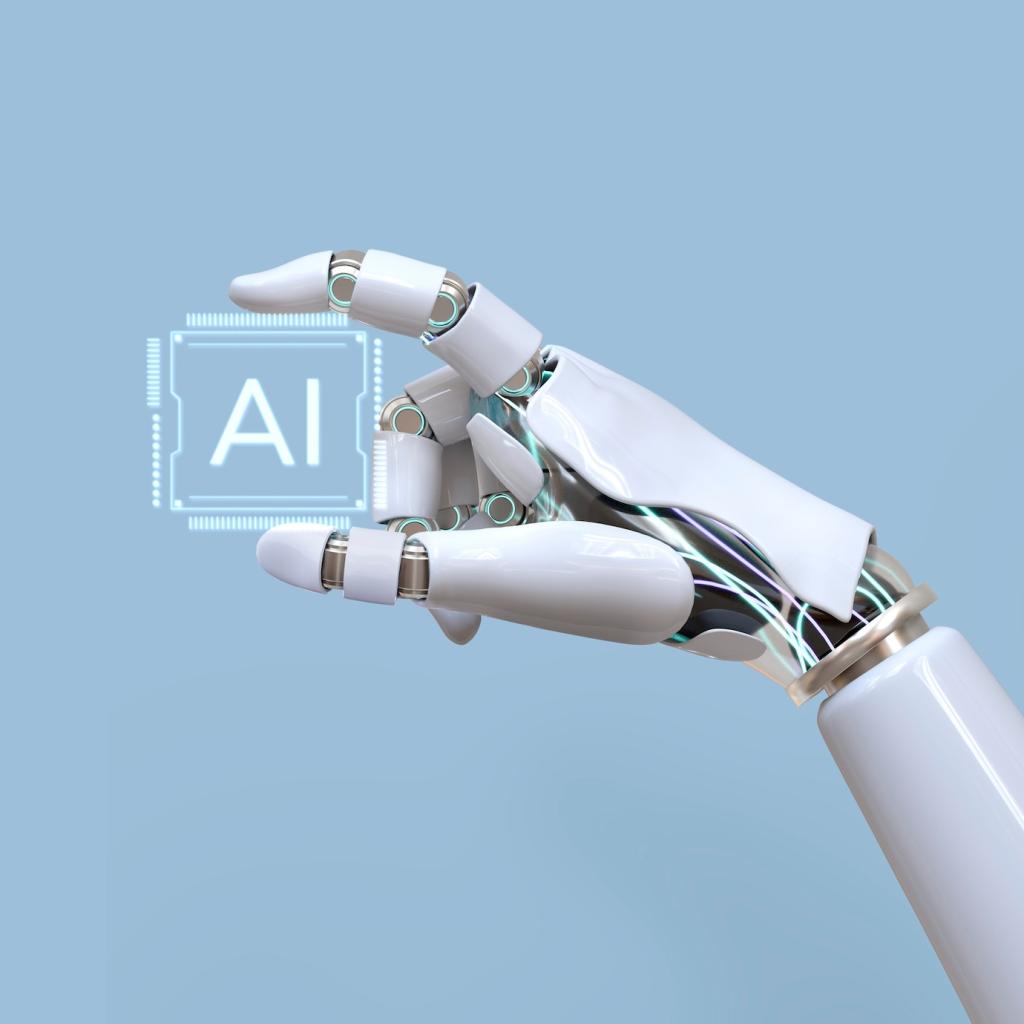AI-Powered Tools for Social Media Marketing
Content Generation and Personalization
Automated Copywriting Assistance
Automated copywriting powered by AI has changed how marketers approach content development for platforms like Facebook, Instagram, and Twitter. Using deep learning and natural language processing, these systems generate on-brand captions, ad copy, and entire posts that align with campaign objectives. Marketers can input key phrases, target emotions, and brand guidelines, and instantly receive multiple variations to test. This dramatically accelerates the content pipeline without sacrificing quality or relevancy, and even provides inspiration for new creative directions.
Personalized Visual Creation
AI-based design tools now empower marketers to produce stunning visuals tailored to each audience segment. These solutions analyze what types of imagery and design elements resonate with specific demographics, then automatically generate graphics optimized for platform specifications. Social media managers can maintain brand consistency while producing a variety of branded assets for campaigns, stories, and ads, significantly increasing engagement. By applying machine learning to creative design, brands ensure that their visual content is both eye-catching and highly targeted.
Dynamic Content Recommendations
Recommendation engines powered by AI analyze a user’s interaction history, browsing patterns, and social signals to suggest content they are most likely to engage with. On the brand side, marketers receive actionable insights into what topics, formats, and post timings will yield the best results. Instead of relying on guesswork, social teams can deploy precisely the content their audience wants, leading to deeper connections and higher conversion rates. Continuous learning ensures that recommendations stay relevant as audience interests evolve.
Audience Analysis and Social Listening
Real-Time Sentiment Tracking
Real-time sentiment analysis tools powered by artificial intelligence enable marketers to monitor brand perception across all major social networks at scale. These platforms use sophisticated algorithms to interpret emotions behind customer mentions, replies, and reviews. Businesses can gauge the immediate impact of campaigns, spot shifts in sentiment, and respond to both positive feedback and issues as they arise. This high level of awareness leads to more agile and effective reputation management, giving brands a significant advantage in today’s fast-moving digital landscape.


Smart Scheduling and Publishing
AI-driven scheduling platforms assess when specific audience segments are most active online and recommend the optimal posting times for each type of content. By factoring in historical engagement data, global time zones, and trending topics, these systems automatically schedule posts for maximum visibility and interaction. Brands can eliminate the guesswork and manual effort involved in social media planning, ensuring their messages reach intended audiences precisely when they are most receptive, thus improving overall campaign performance.

Automated Ad Optimization
Running paid social campaigns requires constant adjustment to maintain cost-effectiveness and relevance. AI-powered ad optimization tools monitor audience responses and quickly make recommendations or direct changes to ad placements, messaging, and bidding strategies. The algorithms learn which creative assets perform best for each audience segment and allocate resources accordingly. Marketers benefit from sustained improvement in key metrics such as click-through rates and conversions, with reduced manual oversight and campaign management burdens.
Adaptive Segmentation and Targeting
AI elevates campaign precision by enabling adaptive segmentation that responds in real time to audience behavior and campaign outcomes. These systems automatically create and adjust micro-segments based on evolving demographics, interests, and online activities. Social media marketers can deliver highly tailored content and offers to niche groups, increasing the relevancy and effectiveness of their campaigns. With each interaction, the AI refines its understanding, ensuring ongoing alignment between brand objectives and user expectations.
